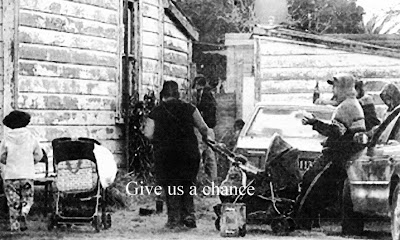No Brainer With Angela Rayner: Steve Reed Is Not A Bully!
47 minutes ago
The welfare state is unsustainable economically, socially and morally.


In most Western countries illness-related absenteeism is higher among female workers than among male workers. Using the personnel dataset of a large Italian bank, we show that the probability of an absence due to illness increases for females, relative to males, approximately 28 days after a previous illness. This difference disappears for workers age 45 or older. We interpret this as evidence that the menstrual cycle raises female absenteeism. Absences with a 28-day cycle explain a significant fraction of the male-female absenteeism gap.
To investigate the effect of absenteeism on earnings, we use a simple signaling model in which employers cannot directly observe workers' productivity, and therefore use observable characteristics – including absenteeism – to set wages. Since men are absent from work because of health and shirking reasons, while women face an additional exogenous source of health shocks due to menstruation, the signal extraction based on absenteeism is more informative about shirking for males than for females. Consistent with the predictions of the model, we find that the relationship between earnings and absenteeism is more negative for males than for females. Furthermore, this difference declines with seniority, as employers learn more about their workers' true productivity. Finally, we calculate the earnings cost for women associated with menstruation. We find that higher absenteeism induced by the 28-day cycle explains 11.8 percent of the earnings gender differential.
The number of those coming off the DPB since part-time work requirements were introduced had increased by 22 per cent over the past year - to more than 3,500 people.
New Zealand has the second highest teenage birth rate among the world's developed countries. In 2009 there were 4,670 births to New Zealand teenagers.
In Manukau City around 630 teenagers give birth each year.
Vulnerable and unsupported teen parents and their children can face a multitude of disadvantages. New Zealand studies show that compared with women who had not become mothers by age 21, teen mothers are:
nine times more likely to have no qualifications
twice as likely to suffer from major depression
twice as likely to be substance dependent
three times more likely to be suicidal at times
and three times more likely to be dependent on a benefit.
 And as I re-read the article it strikes me, looking at the cover and the smiling faces, that this is published by the MSD as a good news story. Look at us. Look how well we are doing.
And as I re-read the article it strikes me, looking at the cover and the smiling faces, that this is published by the MSD as a good news story. Look at us. Look how well we are doing.